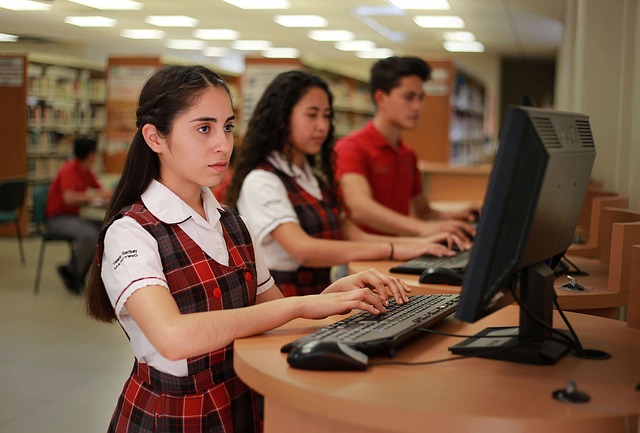Different countries have different requirements for the education of their young generations. Not only what they learn in elementary school, but also how many times a week they attend school
and at what age

.

If we lived in France, children would only go to school four days a week.In France, Wednesday is a free day for children. Previously, they had to go on Saturdays instead. However, that was recently abolished.
o School grades are not graded by grades as usual, but by a 20-point scale.
o The notification list will include the average score of the entire class, not just the score of a particular student.
o In addition, the scores of the weakest and best students in the class will be shown for comparison.

Japanese children can also do the laundry
Interesting classes are definitely in Japan .
Classes here start an hour later than here, but everyone is still in the classroom by 8:00. At lunchtime, everyone (including the teachers) takes out their lunch boxes and eats.
– In addition to classical subjects, students here also learn practical skills.
For example, they learn how to do laundry.
It would be interesting for everyone to bring socks to class and wash them. Another unusual topic isthat they like animals.
Perhaps this subject should be introduced in other countries around the world. Finally, children learn how to clean. Schools do not have cleaning staff.
o Children learn how to keep order and clean up after themselves.
o I don\’t think this is a bad idea either.
o Just ask the Czech janitor what she has to deal with every day. [Sometimes it\’s unbelievable.
Even in Japan, they don\’t separate classes based on grades.During the semester, students are given points; those who reach 100 get the highest points; those who score less than 60 fail. A report card awaits them. However, the gradebook is reversed; all F\’s are sample gradebooks.


